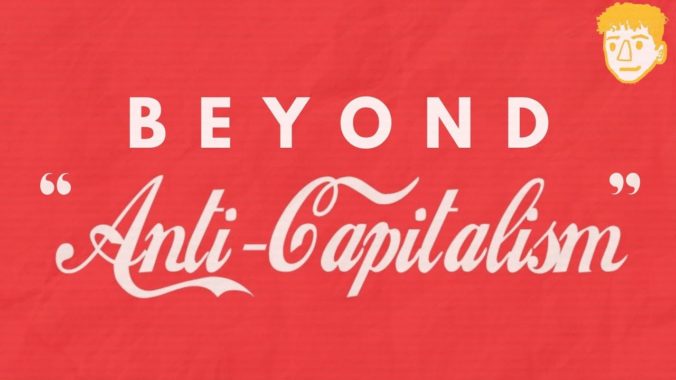In my last couple of posts, I charted out some of the deep tensions within DSA. I charted some of its issues with post-pandemic social anxiety and psychological safety a couple of weeks ago. And then last week, I analyzed its position with respect to progressive activism.
In that post, I presented DSA as an org for activists and enthusiasts rather than for a working-class base. And in that regard, DSA looks more like one node in a broader progressive activist network rather than a grassroots working-class movement.
But some people within DSA argue that the org is descending into a sectarian one. I took up this question a couple of years ago, where I denied this view.
But since the election of a new NPC that contains multiple democratic centralist factions, have things changed?




